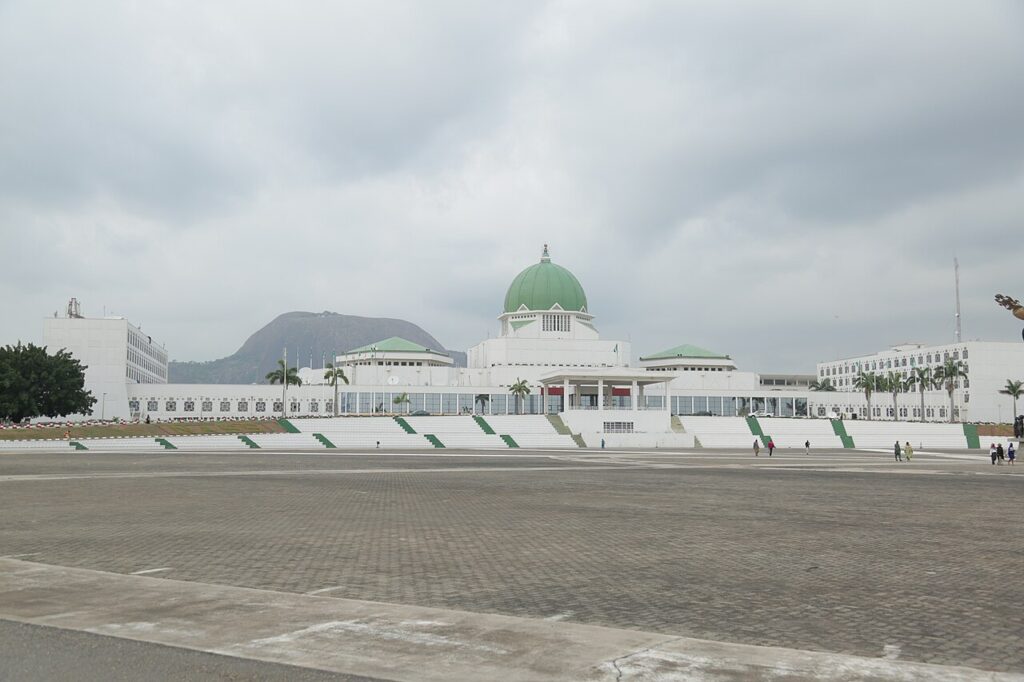Experts have given various definitions of what leadership entails based on their own individual standpoints. However, the cord which connects all these definitions is the idea that good leaders have the ability to lead people in the right direction, not in the wrong one.
Leadership is as old as the world – people need to be guided onto the path of progress. But leadership takes two forms. First, there is ‘charismatic’ leadership. Some people command attention and obedience from their followers by means of having a natural ability to lead. Second, there is ‘effective’ leadership. This refers to those who have acquired leadership skills through learning.
The Colonial Legacy
Leadership is especially valuable when a people need to be put firmly on the path towards security, progress and development. But in the case of Nigeria, there has been a dearth of good leadership since the country was created by British colonialists in 1914.
The British style of leadership in Nigeria was like the relationship between master and slave. The British saw the indigenous people not as equals, but as subjects. Naturally, this kind of leadership deprived the people of the dividends that good leadership would have brought them. And when Britain was pressured into handing over power, the political structure they handed over to the emerging Nigerian leaders was that which the British themselves had used to govern.
The current crisis in Nigerian leadership can thus be traced back to the faulty foundations laid by the British, followed by the failure of the new Nigerian leaders to blend traditional structures of government with the socio-political and economic structures they had inherited. This led to the collapse of the First Republic in 1966 when the military seized power and imposed a unitary federalism on the country.
Poor leadership
Soldiers are not trained to rule civilians and they quickly made things worse by using decrees to bastardise the political system. In addition, there were gross violations of human rights and taxpayers’ money was embezzled. This further deprived the people of any chance of good government.
The return to civilian rule in 1979, and again in 1999, failed to deliver the benefits of democracy. On the contrary, the civilian governments sheepishly followed the draconian leadership model used both by the British and by the military junta. For example, the 1999 constitution says that Nigeria is a federation, but elsewhere it contradicts itself about this. In practice, most power was concentrated in central government leaving the states with only limited powers. If local and state governments had been given more power, they could have attracted investment which would have created wealth and promoted security.
Another consequence of poor leadership relates to the issuing of mining licenses. The constitution gives central government the power to allocate licenses to either local or foreign investors. However, in the US, India and other countries with a federal structure this power rests with state or local government. This facilitates the creation of jobs and wealth locally while facilitating the payment of tax to the federal government. Nigeria has missed out on these benefits.
There is an urgent need for Nigerian political leaders to restructure government to create a truly federal system. The centralization of power merely breeds corruption and the abuse of office, and makes for heated election campaigns as politicians compete for the national cake. In a proper federal system, the sharing of power does not alienate people but brings them closer to government.
Conclusion
Greed is one of the major factors preventing Nigeria enjoying good leadership. Political leaders believe that it was their money and their sponsors that brought them political power. So, their allegiance is to their sponsors and not to the people. The military failed when they restructured the polity because the new structures merely gave them more power to abuse citizen’s rights and loot taxpayer’s money.
There is a dearth of good political leadership in Nigeria today because the political space has been monetarized. The result is that those with a genuine desire to serve the people are unable to access power to change things through the application of good leadership.
By Zacham Bayei


